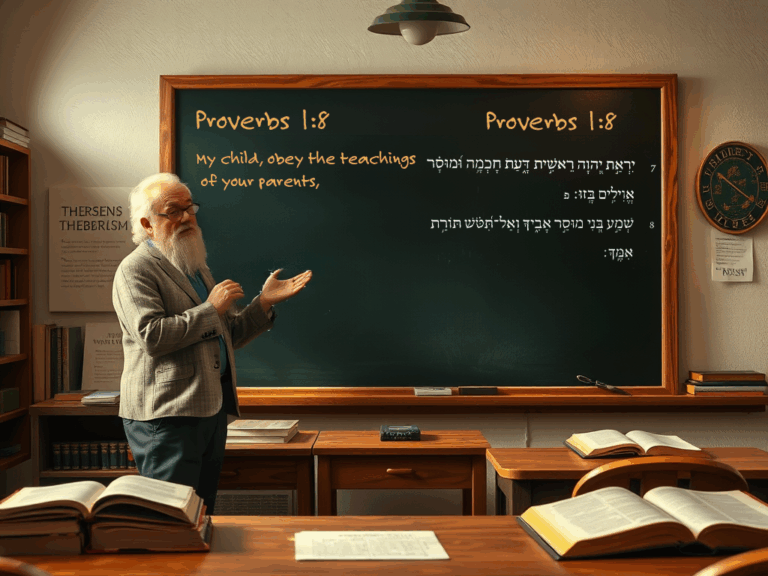Why I Like the REB
A friend recently e-mailed with the following request: Tell me why you like the REB.
First let me qualify what I mean by liking a translation. There are many factors that go into making a translation suitable for a particular purpose or person. Without knowing that context, it’s impossible to give a meaningful answer to the question, “What is the best translation?” In this case, however, we’re talking about what I like, and so I can speak freely. I just want readers to know that I’m talking about personal preferences here, and not about some kind of public standards.
I use the REB as a serious reading Bible. That means that in my study it comes at the top of the list of those Bibles I use when I am not studying the Bible from Greek or Hebrew, but I want to do serious reading. To put this in context, I would use the NRSV when I want a translation that follows the form of the source languages rather closely, and the CEV when I want to read rapidly to get an overview with less concern for details.
The REB fits that purpose for me because it:
- Has language that is easily readable for me, but nonetheless doesn’t sound like it has been simplified. It holds my attention and doesn’t jar me with excessively short sentences, abrupt breaks, or long phrases expressing relatively simple thoughts.
- Has a faintly British flavor. I spent my teen years in Guyana, formerly a British colony, and I find some British English attractive in reading.
- I am almost always comfortable with the textual choices. That means I can be comfortable that I’m getting a reliable text.
- The translation included interfaith cooperation which improves its value for reading.
- I regard its presentation of Hebrew poetry is one of the best. (The The New Jerusalem Bible provides some good competition.
- I enjoy the sound of the REB read aloud. It has a literary feel and a good flow. My selfish view is that it’s too bad more American audiences are not attuned to it. I’d love to hear it for scripture readings!
- Despite the fact that I support efforts to use gender neutral phrasing where possible, as the NRSV does, my ears are a generation older than that, and I’m more comfortable with the less aggressive uses of gender language in the REB.
I can’t call it the best translation for everyone, but it has become a constant part of my own program of Bible study and my own devotional life.
(For more information on various translations, see my Bible Translation Selection Tool.)

The REB is an indeed an excellent translation and I wish it had a greater following in the United States. I can find no better literary quality in modern translations than that in the REB.